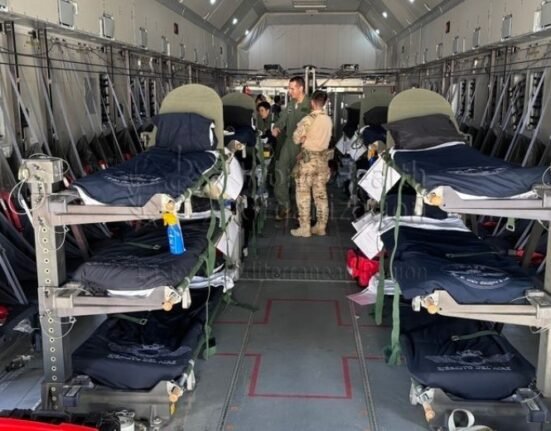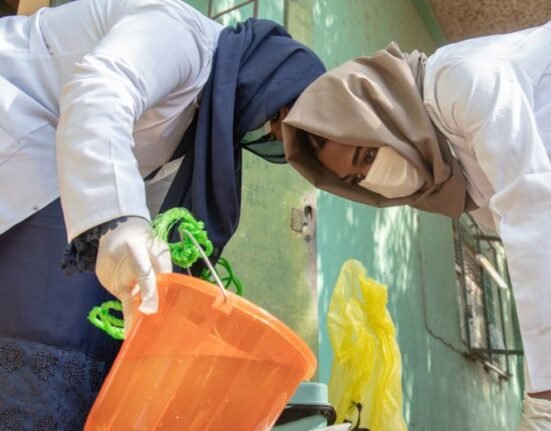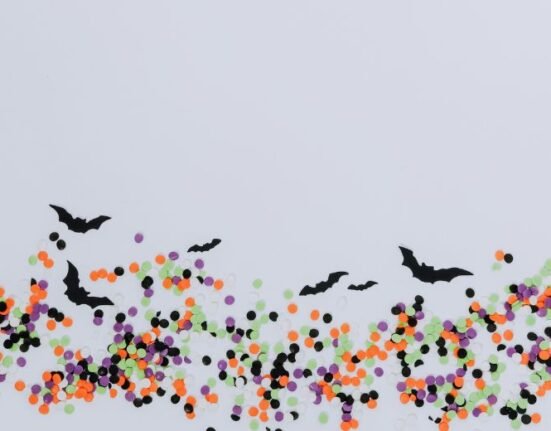HQ Team
July 26, 2023: Medicines for treating diseases such as cancer, multiple sclerosis, cardiovascular conditions, Ebola, and diabetes have been added to the WHO Essential Medicines List.
“These treatments could have a very large public health impact globally, without jeopardizing the health budgets of low and middle-income countries,” said Dr Tedros Adhanom Ghebreyesus, the director-general of WHO.
The document is a guide to drugs that should be available in all health systems of WHO member states. The recommended changes bring the number of medicines on the Essential Medicines List to 502, and 361 for the Essential Medicines List for Children.
“For over 40 years, countries all over the world have relied on the WHO Essential Medicines List as a definitive, evidence-based guide to the most important medicines for delivering the biggest health impact,” Dr Tedros said in a statement.
Supply chain disruptions
Rising prices and supply chain disruptions have led to increasing problems in ensuring consistent and equitable access to many quality-assured essential medicines, he said.
“Cancer medicines are among those that have been added to the latest version… the WHO is committed to supporting all countries to overcome these obstacles to increase equitable access to essential medicines.”
The list was drawn up after the meeting of the 24th WHO Expert Committee on the Selection and Use of Essential Medicines took place in person in Geneva, Switzerland, from April 24-28, 2023.
The aim of the meeting was to review and update the 22nd WHO Model List of Essential Medicines (EML) and the 8th WHO Model List of Essential Medicines for Children (EMLc).
The medicines were selected with “due regard to disease prevalence and public health relevance, evidence of efficacy and safety and comparative cost-effectiveness.”
Appropriate dosage forms
They are intended to be available in functioning health systems at all times, in appropriate dosage forms, of assured quality, and at prices individuals and health systems can afford.
The WHO model lists are updated every two years, intended as a guide for countries or regional authorities to adopt or adapt in accordance with local priorities and treatment guidelines for the development and updating of national essential medicines lists.
Selection of a limited number of essential medicines takes into consideration national disease burden and clinical needs.
This can lead to improved access through streamlined procurement and distribution of quality-assured medicines, support more rational or appropriate prescribing and use, and lower costs for both healthcare systems and patients, according to a WHO statement.
The Expert Committee considered a total of 85 applications, including 52 proposals for the addition of new medicines or medicine classes and nine proposals for new indications for 22 currently listed medicines.
13 medicines removed
It also took into view nine proposals for the addition of new formulations of currently listed medicines, six proposals for the removal of 13 medicines, formulations, or indications, and nine proposals for other changes to current listings on the model lists.
The Expert Committee recommended the addition of 24 new medicines to the EML and 12 new medicines to the EMLc.
It did not recommend proposals for inclusion, change, or deletion for 32 medicines, medicine classes, or formulations. The recommended changes bring the total number of medicines on the EML to 502 — from 479 in 2021 — including 361 on the EMLc, from 350 in 2021.








